As one of the leading agricultural producing countries in Southeast Asia, Vietnam is facing a major problem of agricultural by-product waste.
Vietnam wastes up to 8.8 million tons of food annually, causing a loss of US$3.9 billion, equivalent to 2% of GDP, according to a report by CEL Consulting. Of this, fruits and vegetables account for 7.3 million tons, mainly due to poor preservation, improper post-harvest handling and ineffective utilization of agricultural by-products.
From discarded fruit peels to discarded vegetables, most of these by-products are often considered waste. However, Dr Truong Thuc Tuyen, Head of the Department of Food Technology and Nutrition, Faculty of Science, Engineering and Technology, RMIT University Vietnam, sees them from a different perspective.
“Agricultural by-products are not waste, they are untapped resources,” Dr. Tuyen shared. For example, grapefruit and citrus peels, rich in biological compounds, essential oils, fiber and valuable nutrients, have long been recognized for their diverse industrial applications.
Thanks to innovative research, these by-products are now being transformed into solutions such as oil-absorbing powder extracted from grapefruit peels, which replaces solid fats. This pioneering approach not only adds value to agricultural by-products but also paves the way for healthier and more sustainable food production, demonstrating the potential of circular agriculture.
By leveraging these innovations, Dr. Tuyen and his colleagues' initiatives are shaping a new direction for the Vietnamese food industry, focusing on sustainability and efficiency.
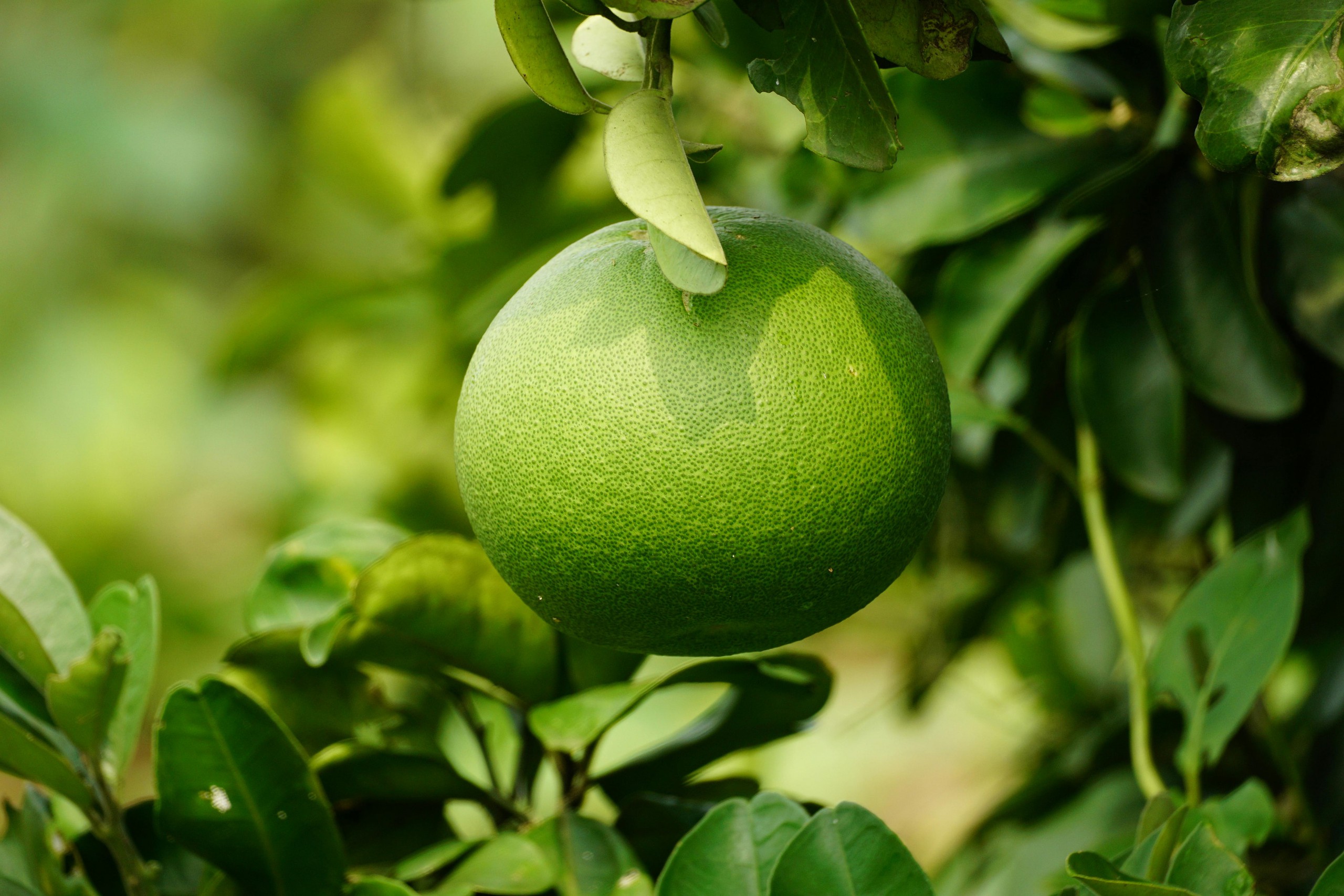
Grapefruit peels, often discarded as waste, can now be transformed into aerogels - ultra-lightweight materials that can absorb oil and replace fat in meat products, providing a more sustainable and healthier solution.
Waste of agricultural by-products remains an unsolved problem
As one of the leading agricultural producing countries in Southeast Asia, Vietnam is facing a big problem of agricultural waste. By-products such as grapefruit peel or orange peel are often discarded and not utilized effectively.
In response to this growing challenge, efforts have been made to find innovative solutions for the utilization of by-products. The utilization of grapefruit and orange peels in Vietnam for applications in the food, cosmetics, agriculture, and environmental sectors is a prime example of good practice in reducing waste and adding value. However, these efforts still face challenges such as inconsistent quality, limited scalability, and the need for further in-depth research to fully exploit their potential.
A specific example of this problem is in the process of producing food from grapefruit, most of the by-products from this fruit are often wasted. Dr. Tuyen said: "Grapefruit peel accounts for up to 30% of the fruit's weight, but most of it is discarded or used only as animal feed." As grapefruit production increases to meet domestic and export demand, the amount of waste also increases, putting more pressure on the environment and waste management systems. This challenge is not unique to grapefruit but is common to most agricultural products.
In addition to environmental concerns, this problem reduces the efficiency of the entire supply chain. Inadequate storage and inefficient transportation increase food loss. As a result, farmers suffer financial losses, businesses struggle with inefficiencies, and consumers suffer higher prices and limited supply.
" We cannot continue to maintain the 'produce - consume - throw away' mindset . Instead, we need to move to a 'produce - recycle - reuse' model to optimize the entire value chain," Dr. Tuyen shared, emphasizing the urgency of applying sustainable solutions.
Innovative solutions: By-product recycling and smart preservation
To address the issue of food waste, projects focusing on recycling by-products have been implemented at RMIT University Vietnam. Using a novel approach, Dr. Tuyen and her PhD students have developed a technology to recycle grapefruit peels into oil and water absorbent powder.
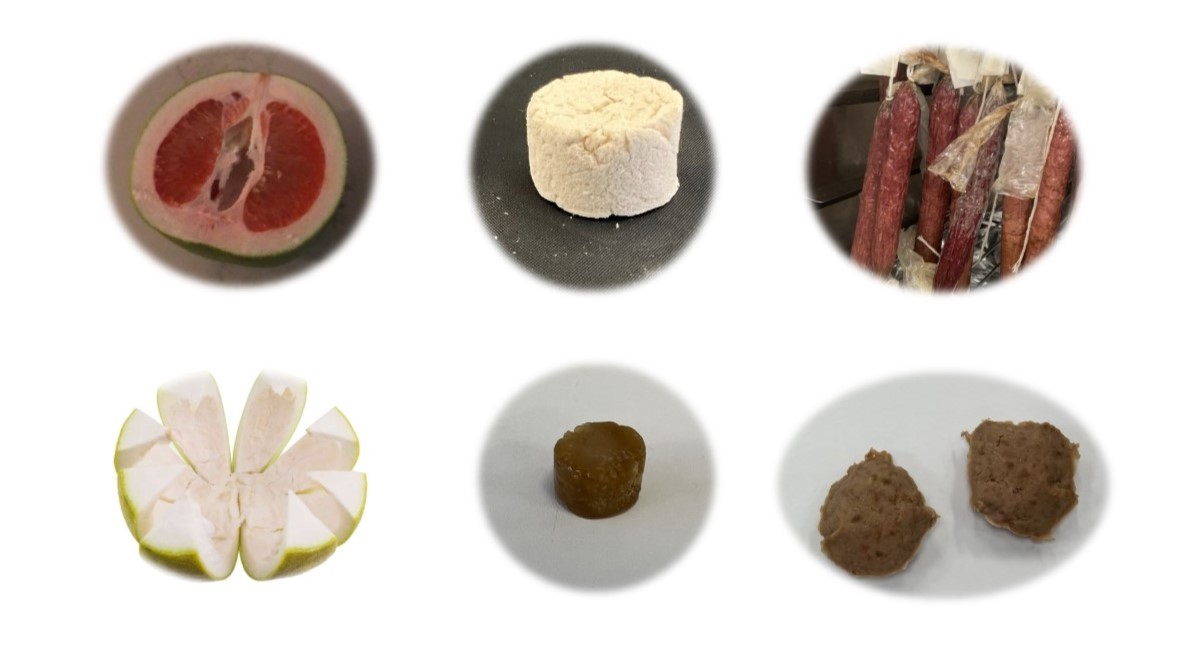
Grapefruit peels, if recycled, can become oil-absorbing powder, reducing up to 90% of fat in processed foods.
The powder can absorb up to 90% of oil and water, replacing fat in processed foods like meatballs, reducing calories while maintaining flavor and texture. "This innovation not only reduces fat content but also preserves food quality," Dr. Tuyen explained.
Currently, this technology is being tested at RMIT University in Melbourne (Australia) and has shown promising results. Once the test is successful, this solution will be ready for large-scale production, opening up opportunities for Vietnamese food businesses to create healthy and environmentally friendly products.
Beyond recycling, RMIT Vietnam’s Food Technology and Nutrition research team is also researching smart packaging technologies to extend shelf life and reduce damage during transportation and storage. One focus of the team’s research is to utilise seaweed in Vietnam to develop innovative packaging materials that contribute to improving sustainability and efficiency in the supply chain.
RMIT’s efforts not only address the problem of food waste but also create a competitive advantage for Vietnamese food exporters, bringing added value in a market that is increasingly focused on sustainability.
Building a circular food ecosystem
Dr. Tuyen believes that recycling by-products and applying smart preservation solutions will create a circular food ecosystem - where all by-products are recycled and reused effectively.
"If we can successfully convert by-products into resources, the Vietnamese food industry will have the opportunity to increase product value, reduce waste and reduce pressure on the environment," Dr. Tuyen shared.
To realize this goal, Dr. Tuyen calls for cooperation between businesses, governments and research organizations to expand the application of recycling and preservation technology. With consensus from stakeholders, these solutions can be replicated, creating a sustainable food value chain.
According to a Nielsen survey, 73% of Vietnamese consumers are willing to pay more for environmentally friendly products. This opens up a great opportunity for businesses to align sustainability efforts with consumer needs while enhancing brand value.
“We need to reshape the entire supply chain and turn waste by-products into valuable resources,” said Dr. Tuyen.
With her innovative vision and leadership, Dr. Tuyen is helping transform the Vietnamese food industry towards a circular economy. Together with her team, she is implementing initiatives to recycle grapefruit peels, develop smart packaging, and improve food preservation – efforts that not only reduce waste but also create opportunities for businesses to add value to their products.
"A sustainable food future is not just a goal, but an essential condition for our existence and development," Dr. Tuyen affirmed.
Source: https://phunuvietnam.vn/nu-tien-si-bien-phu-pham-nong-nghiep-thanh-tai-nguyen-20250119171837985.htm


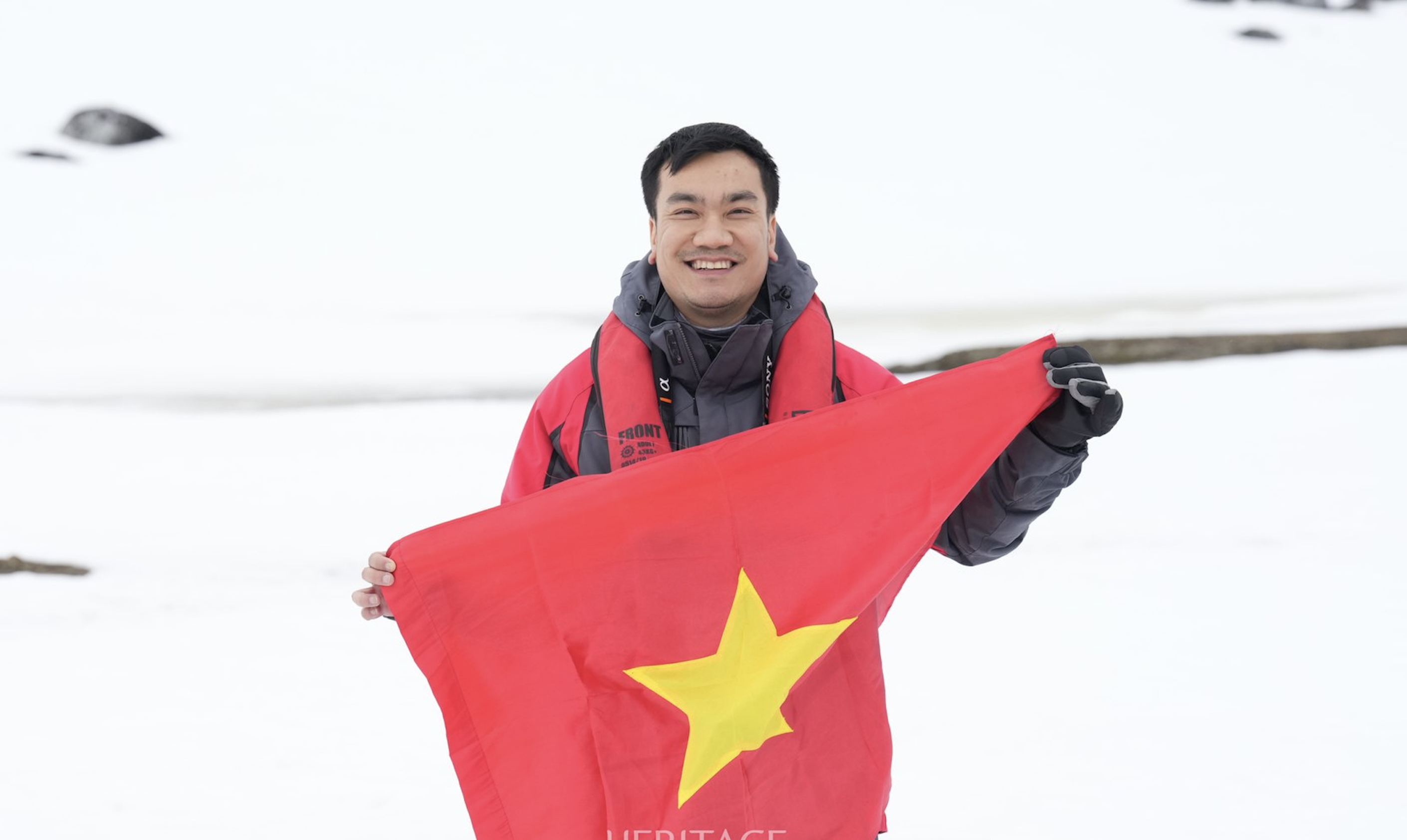

![[Photo] Closing of the 11th Conference of the 13th Central Committee of the Communist Party of Vietnam](https://vstatic.vietnam.vn/vietnam/resource/IMAGE/2025/4/12/114b57fe6e9b4814a5ddfacf6dfe5b7f)



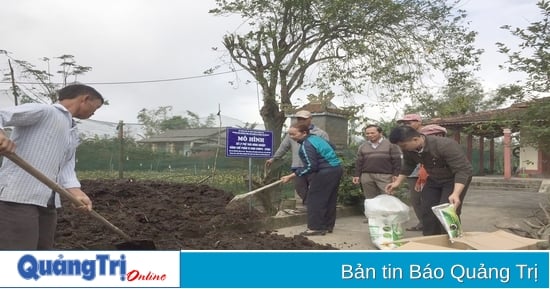




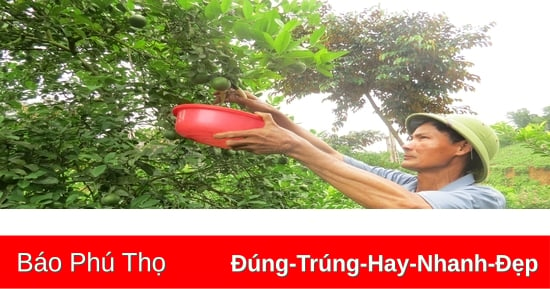

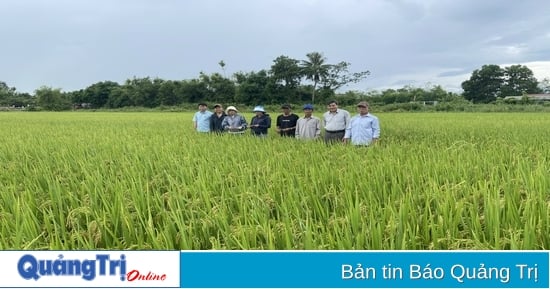
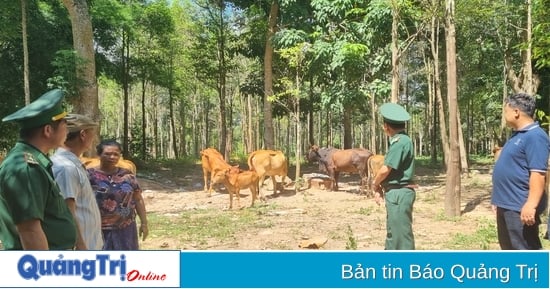
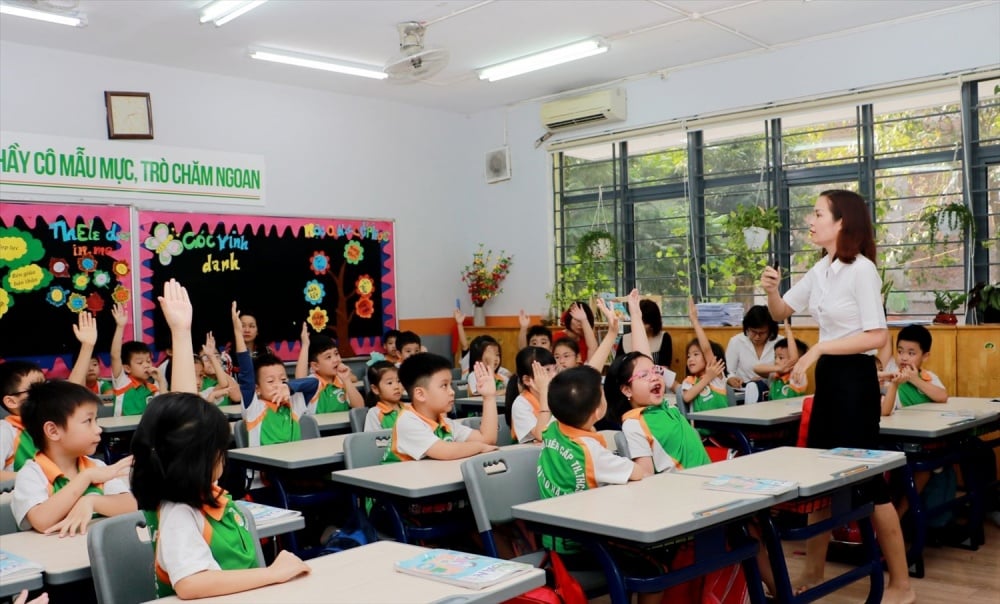
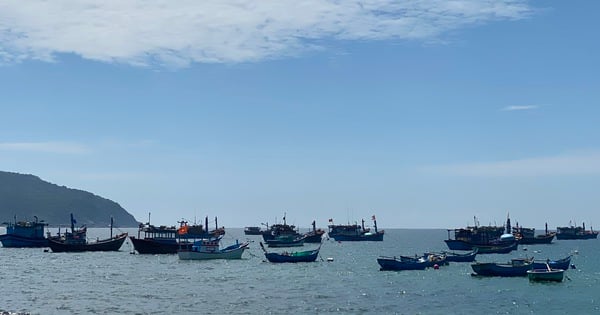

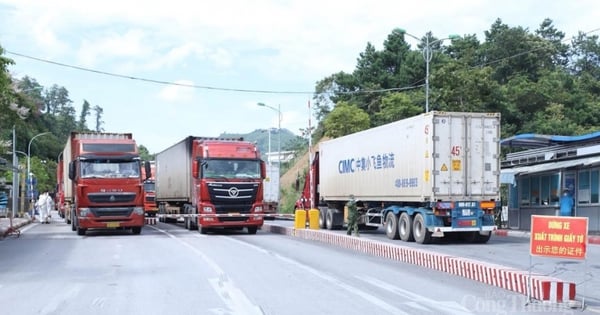

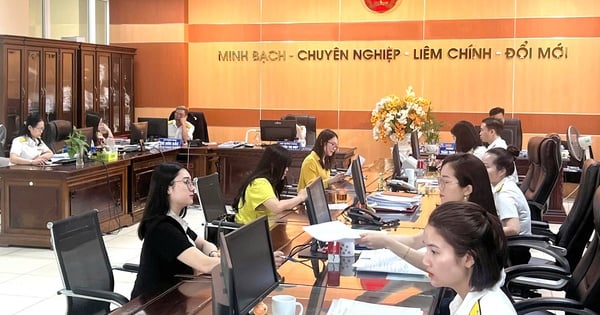



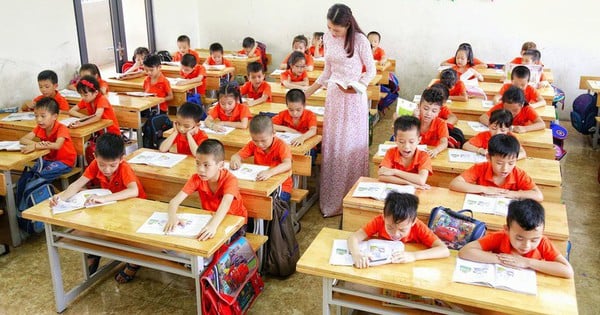

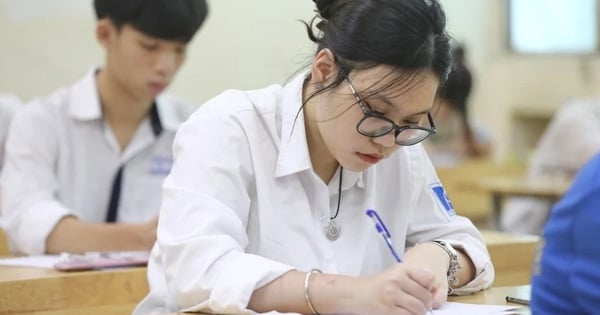
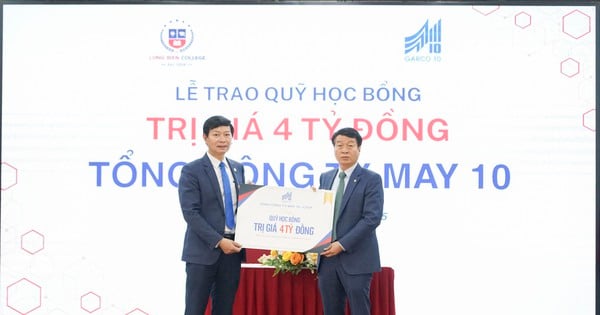
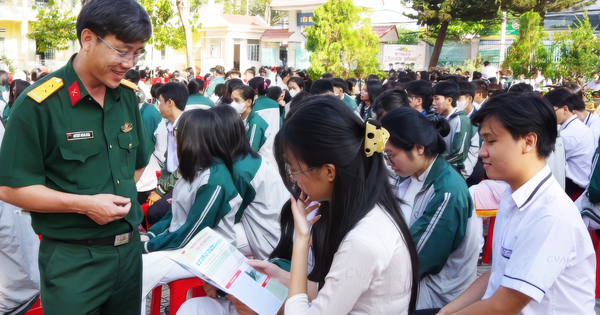
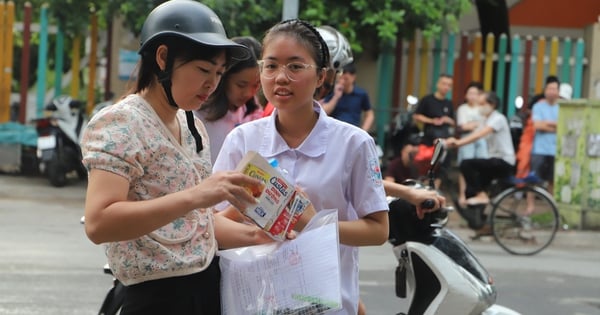

![[Photo] Overcoming all difficulties, speeding up construction progress of Hoa Binh Hydropower Plant Expansion Project](https://vstatic.vietnam.vn/vietnam/resource/IMAGE/2025/4/12/bff04b551e98484c84d74c8faa3526e0)
















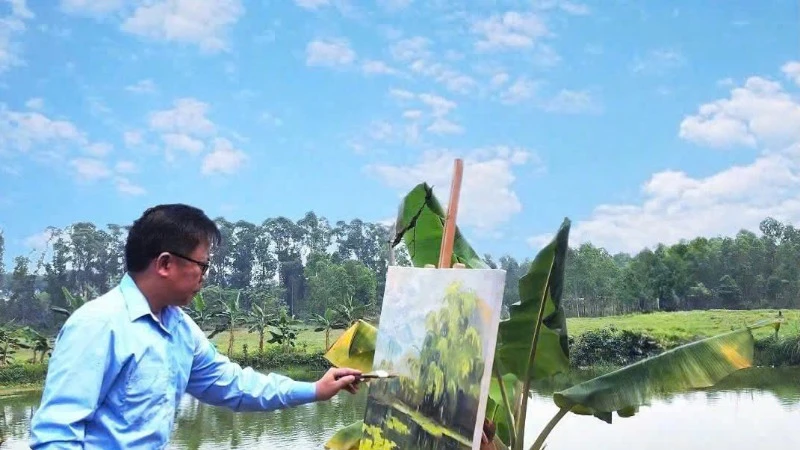
















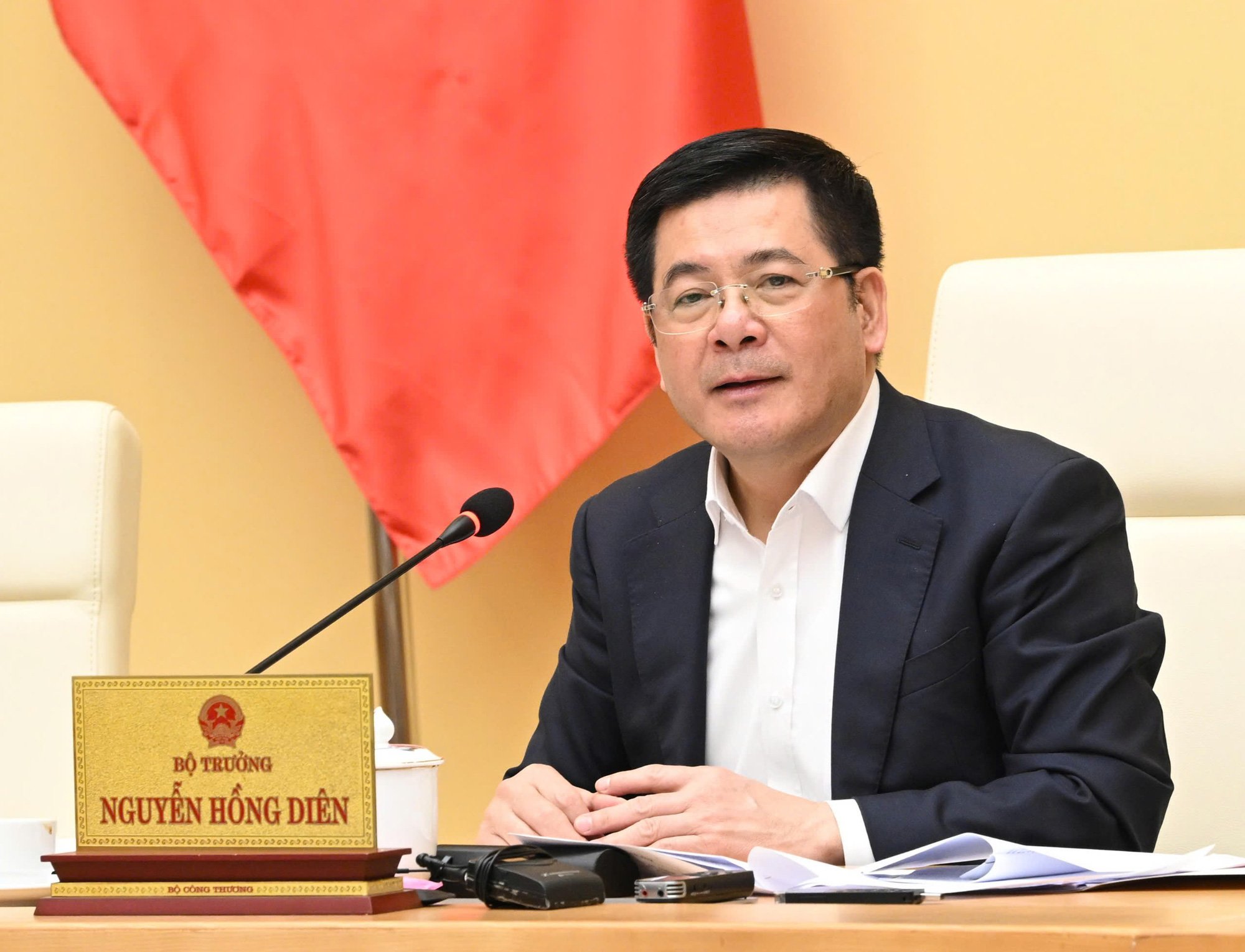
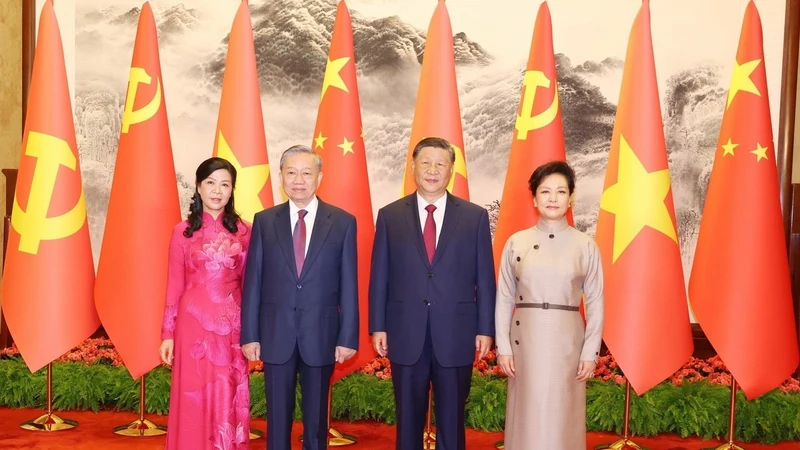


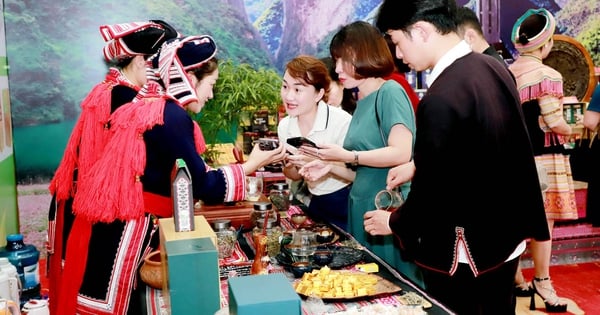





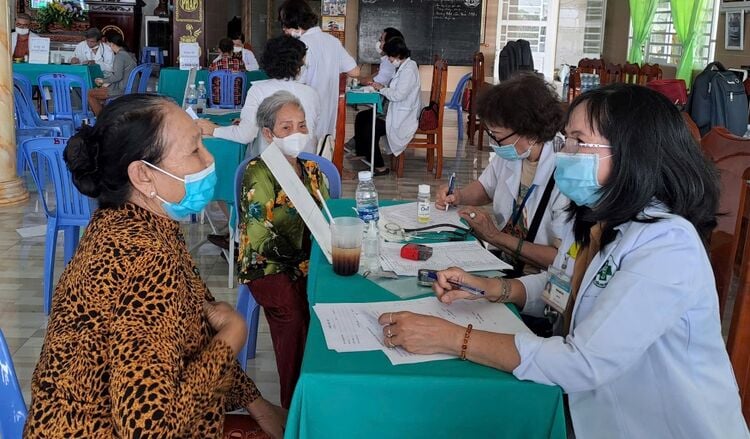

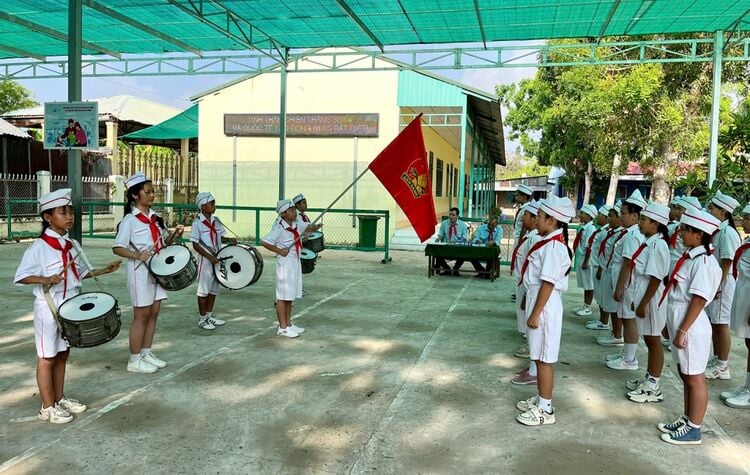
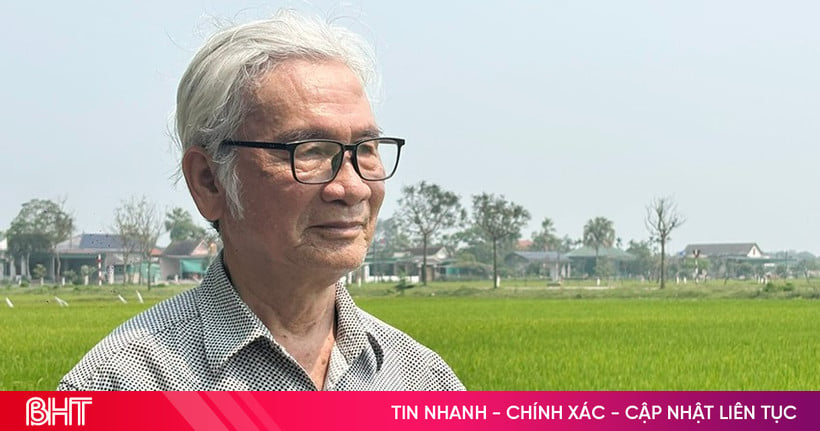

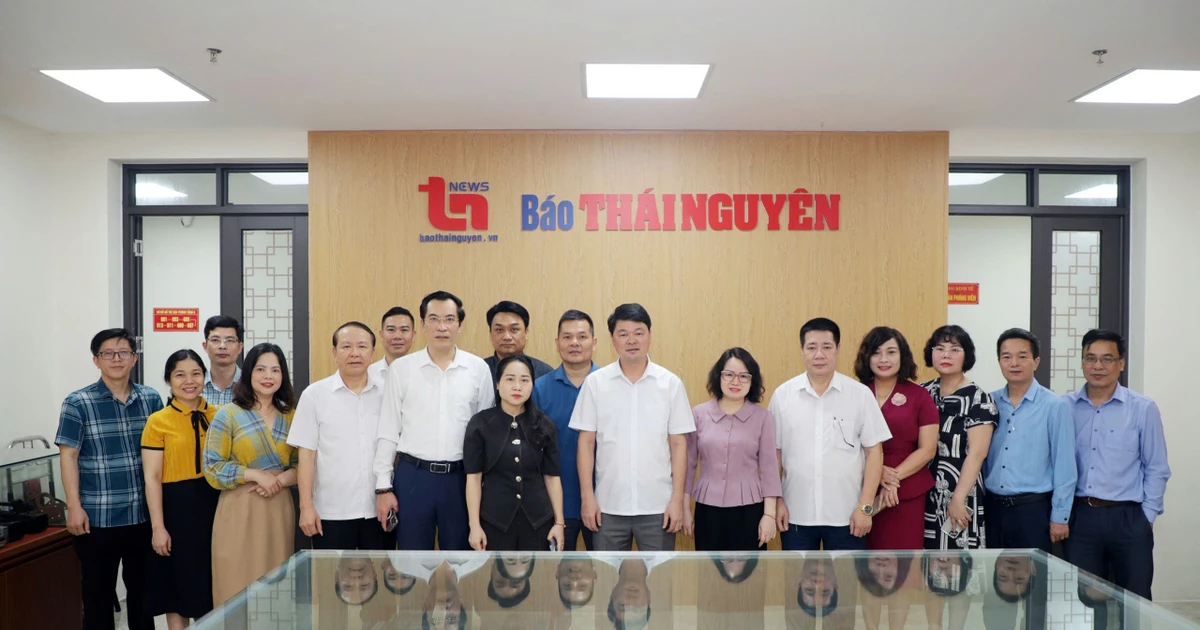

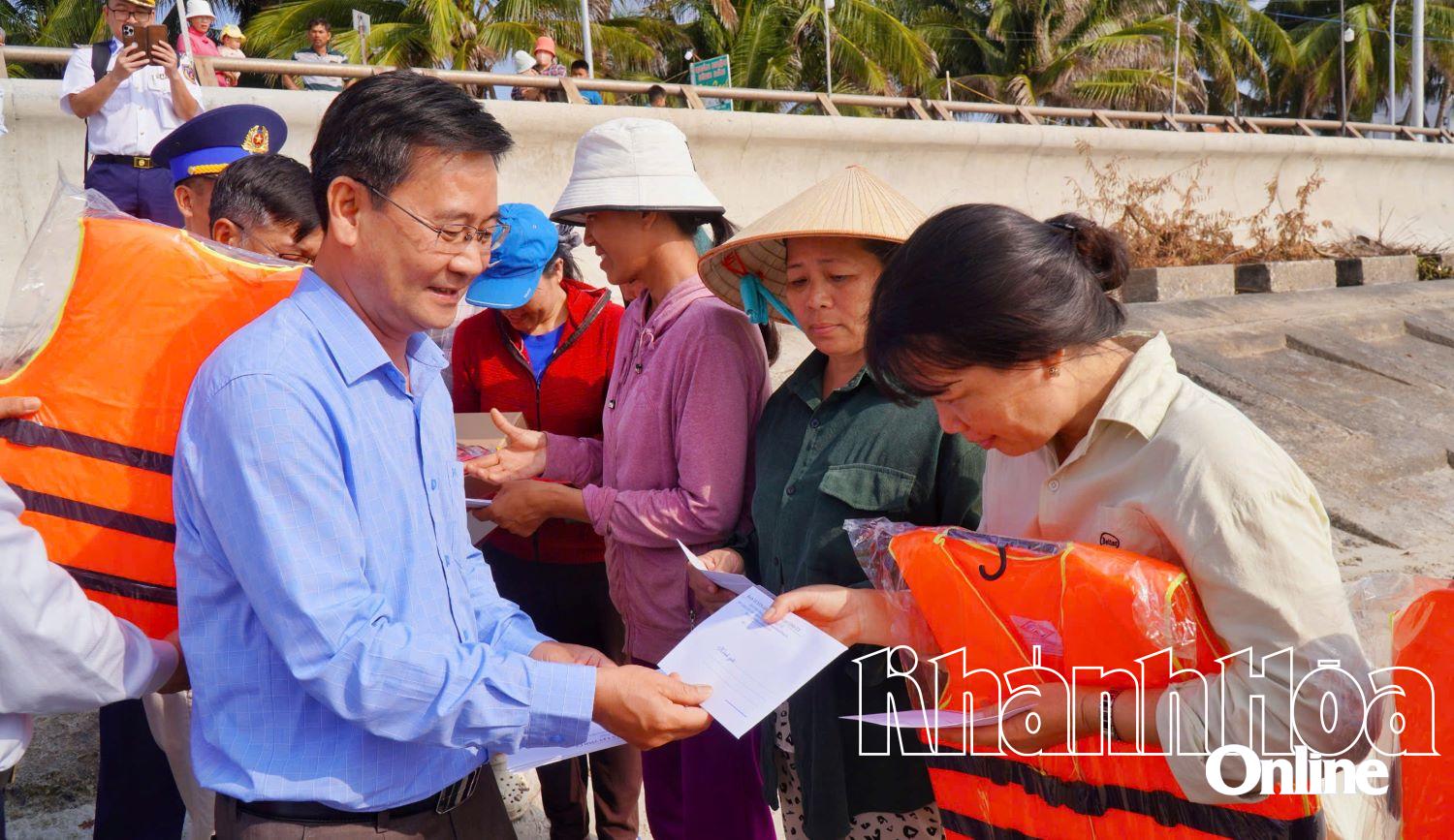

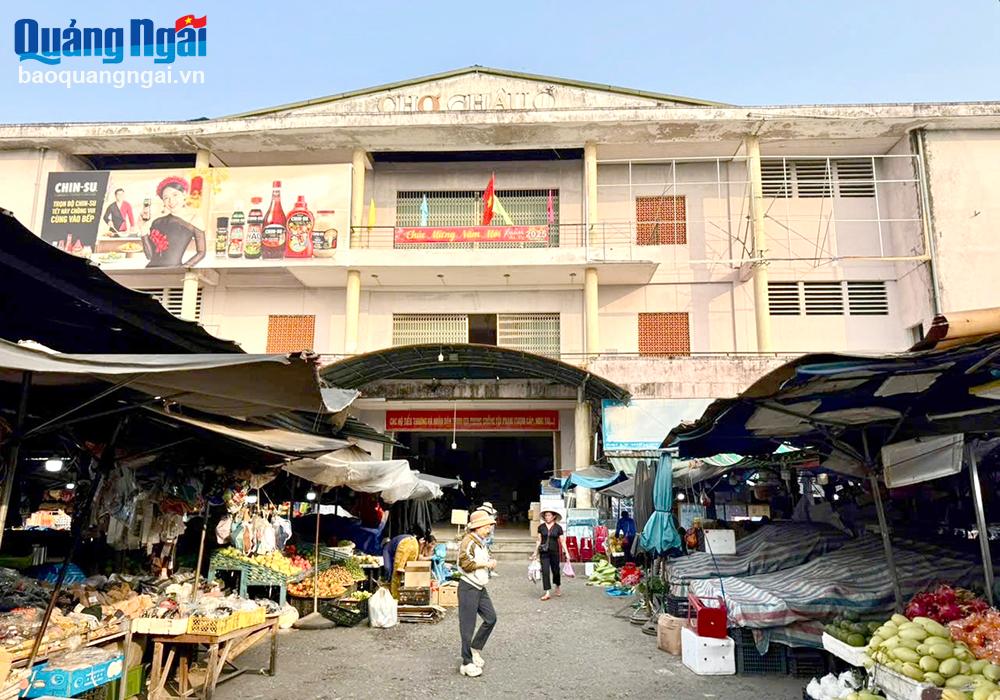











Comment (0)